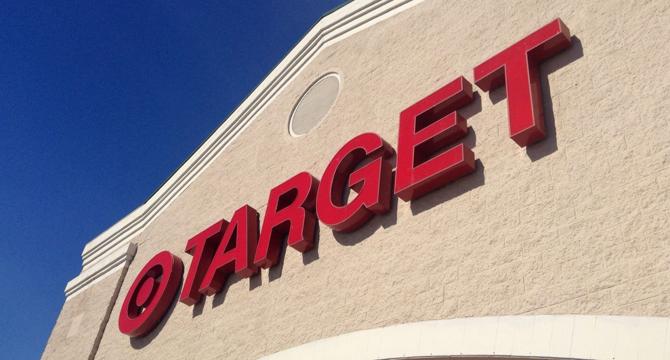Blackenterprise
2d
245

Image Credit: Blackenterprise
Report Reveals Fake Social Media Accounts Created ‘Manufactured Outrage’ For Target’s DEI Backlash
- A recent report has revealed that fake social media accounts played a significant role in generating manufactured outrage against Target amidst diversity, equity, and inclusion (DEI) backlash.
- Israeli cyber firm Cyabra identified 3,379 accounts responsible for spreading negative content about Target, with 27% of them being categorized as fake out of 2,226 analyzed accounts.
- These inauthentic accounts posted over 1,000 times, leading to a viral backlash and manipulation of public opinion, according to Cyabra's CEO, Dan Brahmy.
- The surge in fraudulent posts, up by 764% after Target's DEI announcement, resulted in calls for boycotts and fallout, labeled as 'manufactured outrage' by Brahmy.
- Various hashtags like #EconomicBlackout were used to propagate the boycott narrative by fake accounts, blurring the lines between authentic and manipulated online voices.
- Critics accused Target of aligning with President Donald Trump against DEI initiatives, exacerbating the situation and leading to a significant decline in support among Black consumers and allies of diversity efforts.
- In response to the backlash, spiritual leaders like Rev. Jamal Bryant initiated a 40-day boycott of Target, emphasizing authentic community disappointment over the perceived betrayal of equality principles.
- Despite denials of utilizing bots in their campaign, the movement led by Bryant highlighted tangible impacts on Target's business, such as decreased foot traffic, falling stock values, reduced valuation, and executive pay cuts.
Read Full Article
14 Likes
For uninterrupted reading, download the app